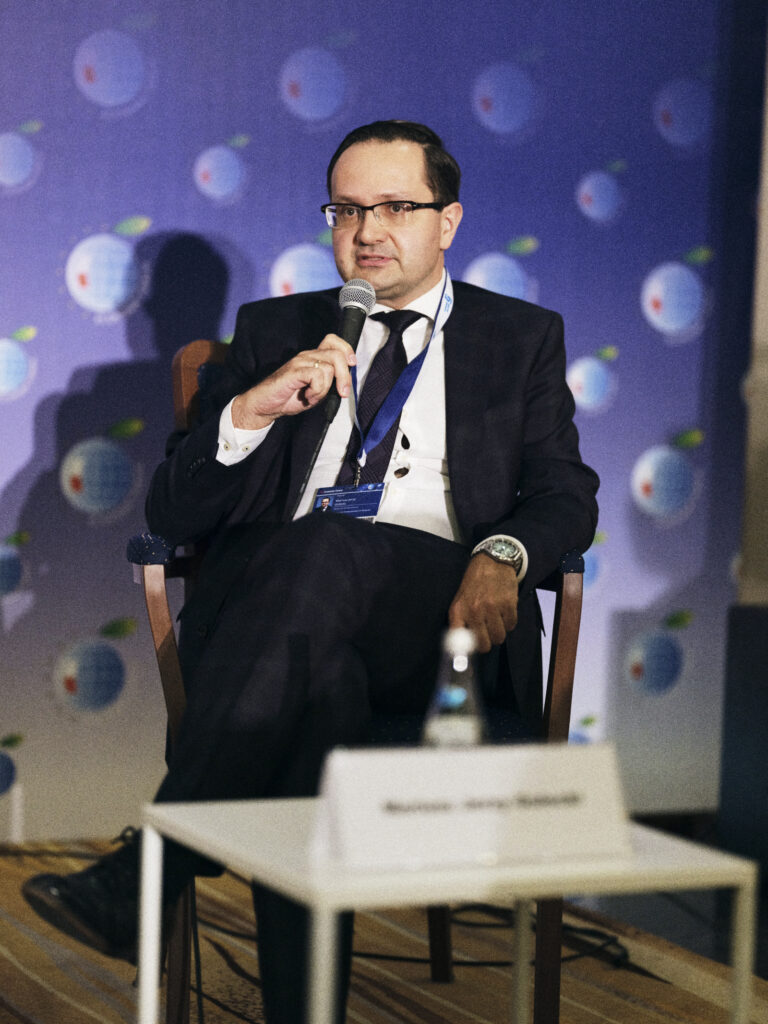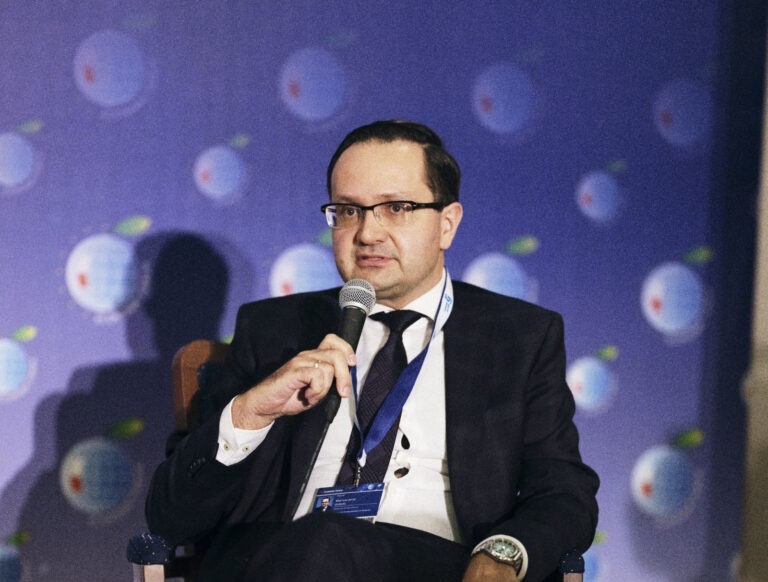“Swiss franc loans today and tomorrow in the European context” debate is the first event organised by the Financial Ombudsman as part of the XXX Economic Forum in Karpacz. The discussion, with the participation of international guests, confirmed the different experiences of the European Union Member States in the area of consumer protection related to loans denominated or indexed to foreign currencies.

Financial Ombudsman Mariusz Golecki, PhD
All consumers in the European Union, regardless of where they live, should have the guarantee of the same level of their rights’ protection. However, due to the regional optimisation of financial products, the scope of protection in the concluded transactions is different. Considering it crucial to start an international discussion on the place of the consumer in the financial services market, the Financial Ombudsman, a partner of the XXX Economic Forum in Karpacz, invited international guests to a debate on consumer protection in the European financial market.
The panel, in addition to the Financial Ombudsman Mariusz Golecki, PhD (post-doctoral degree), was attended by Professor Teresa Rodriguez de les Heras Ballell of Charles III University of Madrid who presented the situation of consumers in Spain, Professor Laszlo Kiss of the National University of Public Service, András Pomeisl, PhD, of the Pázmány Péter Catholic University, who focused on the Hungarian context, and Professor Jacek Jastrzębski, representing the Polish Financial Supervision Authority. The discussion was moderated by Professor of Legal Sciences Piotr Tereszkiewicz of the Jagiellonian University.
Financial Ombudsman Mariusz Golecki pointed out that the biggest problems with Swiss franc loans occurred in Central Europe, but as the example of Spain shows, consumers in the so-called old EU countries also face problems with denominated loans. Another important aspect is that the same financial products have different numbers of abusive clauses in different countries:
“The World Bank indicated that the same product from the same bank was much more toxic in Hungary than in Austria. There are also different attempts to solve this problem – in Hungary there were attempts at a statutory solution and conversion. We skipped this stage in Poland.”
The Financial Ombudsman pointed out that the Court of Justice of the European Union is shifting a greater adjudicatory role to national courts.
“The rules aren’t clear, I don’t know whether to make a settlement without knowing the law now stands. In Croatia, class actions and the conclusion of agreements with banks as a result of these actions were decisive. But it is also worth thinking about a more transparent alternative dispute resolution system. We can consider the Irish model, where the Financial Ombudsman makes the final decisions on resolving the dispute,” said Golecki.
“Swiss franc loans today and tomorrow in the European context” is not the only debate organised by the Financial Ombudsman.
Discussions to be held on the following days:
Unauthorised transactions as an example of contemporary threats to customer safety in the financial market (8 September this year, 1.20 p.m. – 2.20 p.m.).
Consumer protection in the financial market in the European perspective (9 September this year, 1.20 p.m. – 2.20 p.m.).





